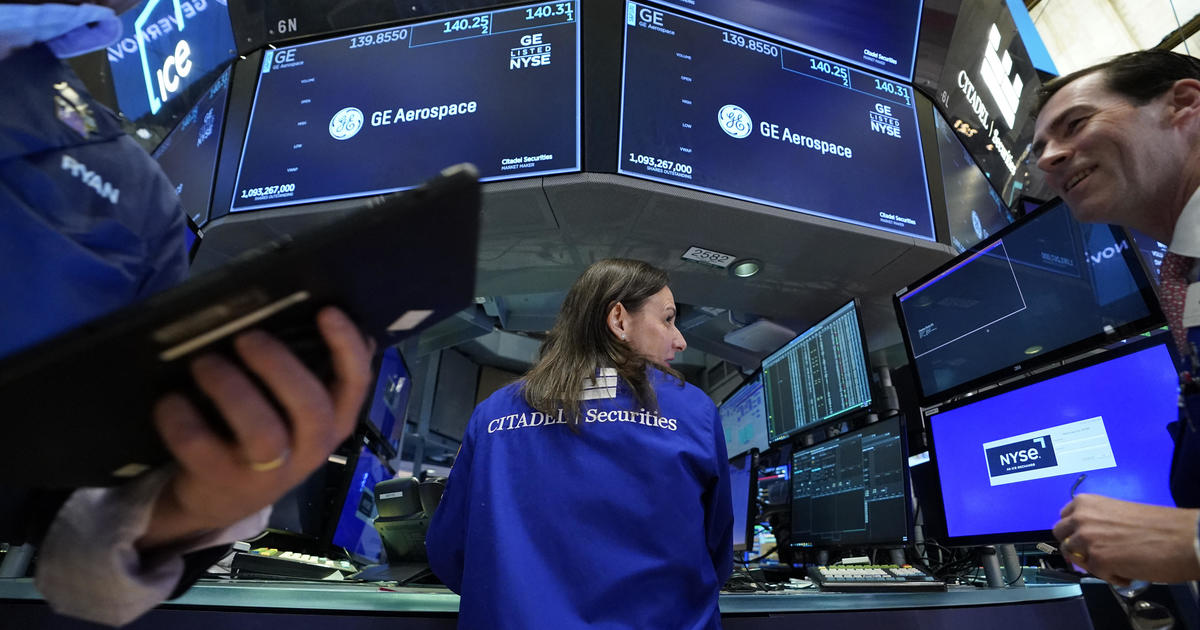Stock futures dipped and oil prices rose in overnight trading after an Israeli missile struck Iran following Iran’s retaliatory attack on the country last weekend.
Investors are closely watching conflicts in the Middle East for signs that escalating hostilities between Israel and Iran threaten global oil supplies and drive up energy prices.
Crude prices, which rose to their highest level in months after Iran’s drone and missile attack on Israel on April 13, rose above $90 early Friday before relinquishing those gains amid signs that the Iranian government was downplaying the impact of the Israeli attack.
Stock futures on the S&P 500 fell 0.6%, while the Dow Jones Industrial Average and Nasdaq Composite index declined 0.5% and 0.7%, respectively.
“While geopolitics is going to stay a presence in this market for a while … we think the events of the last 12 hours in Iran are encouraging, as they will help cool tensions between Israel and Tehran, at least for the time being,” Adam Crisafulli of Vital Knowledge said in a note to investors.
In oil trading, U.S. benchmark crude rose was trading 11 cents higher at $82.22 per barrel in electronic trading on the New York Mercantile Exchange. Brent crude, the international standard, gained 7 cents to $87.18 per barrel.
“The attack — and the threat of retaliation to it — has increased the risk to physical supply of oil, but the response this morning suggests that some of that risk has already been priced in,” Neil Shearing, group chief economist, with Capital Economics, said in a report.
A range of factors has driven up gasoline prices in the U.S. over the last month, with the national average for a gallon of regular now at $3.67, up 21 cents from a month ago, according to AAA. Fuel costs typically rise around this time of year as more motorists hit the road and oil refineries take advantage of milder weather to do necessary maintenance, which can crimp supplies.
Yet while the wars in the Middle East and Ukraine have oil investors on edge, AAA doesn’t expect domestic gas prices to spike for now, pointing to a dip in fuel demand between the end of spring breaks around the U.S. and Memorial Day holiday.
—The Associated Press contributed to this report.

